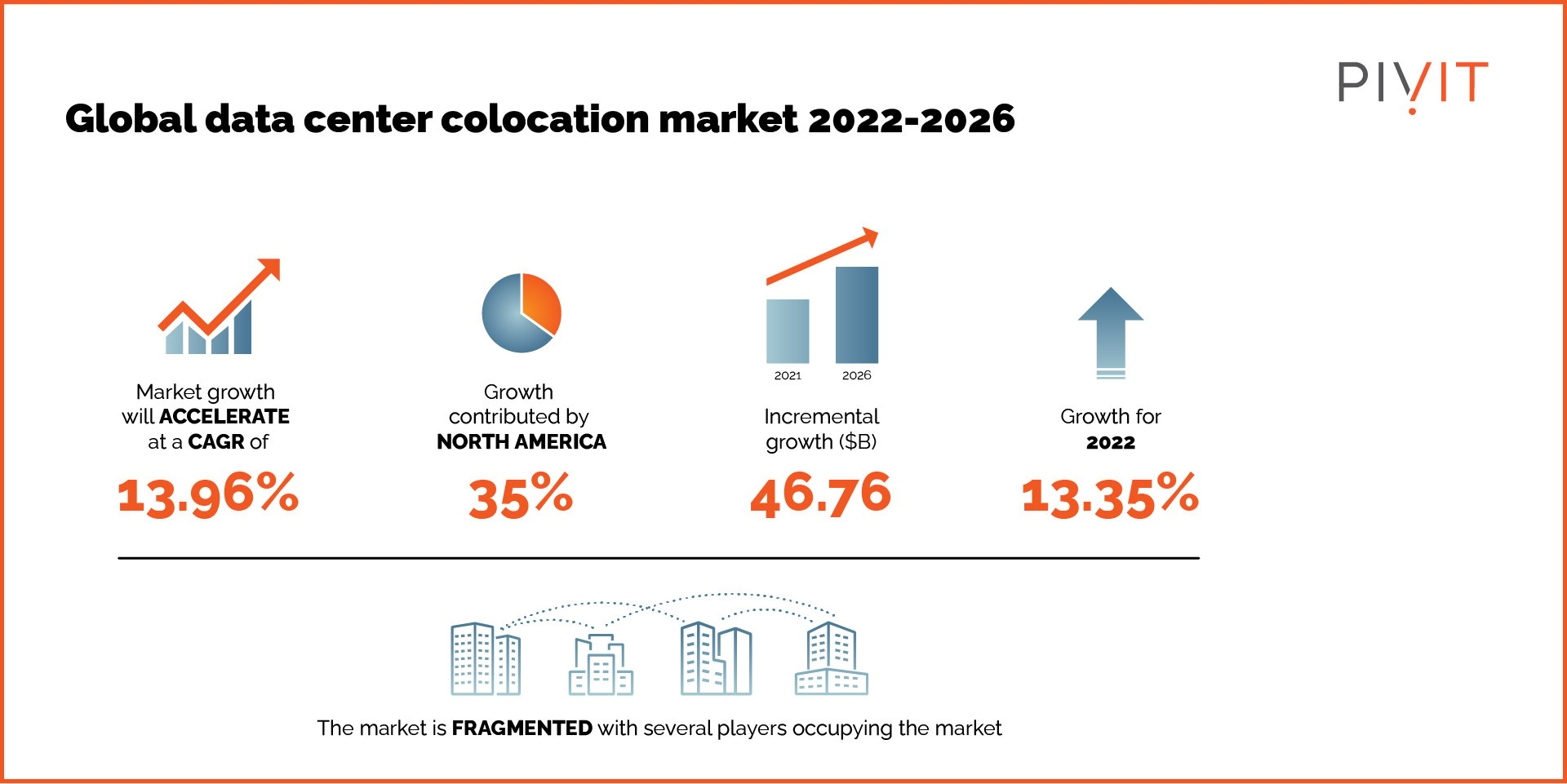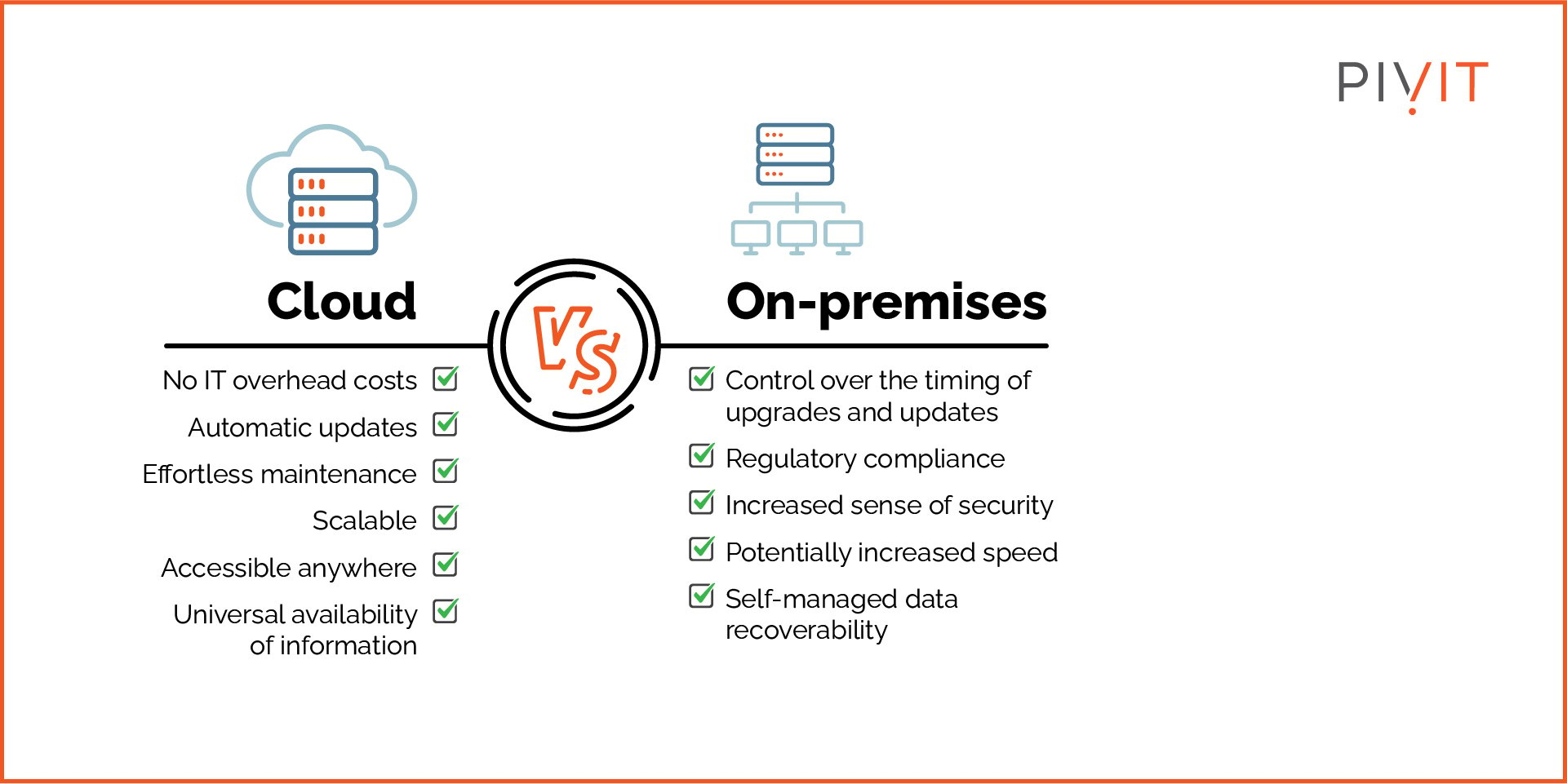Can On-Premise Be Better Than Cloud? This CTO Thinks So!
%20Can%20On-Premise%20Be%20Better%20Than%20Cloud-1.png)
If you read articles or watch videos online on cloud migration, the move to the cloud seems inevitable for most organizations. Perhaps even more so for tech companies with massive data storage. You hear all its benefits, such as flexibility, cost savings, and eliminating the need for IT staff.
And it’s not all just talk; the numbers show the ‘great cloud migration’ in action. 48% of companies plan on moving 50% of its applications to the cloud by the end of 2023, according to an O’Reilly study from 2021. 90% said they were already using the cloud.
It’s bound to sound strange if a company is moving the other way: saying goodbye to the cloud, buying its own hardware, and managing its infrastructure.
But that's exactly what’s happening with software-as-a-service (SaaS) vendor 37signals LLC. David Heinemeier Hansson, co-owner and chief technology officer of 37signals, announced the departure from the cloud in his blog.
He claims that colocation is better for his company. More importantly, after using the cloud, he’s not convinced the savings promised are there, at least for his organization. So what gives?
37signals Moves to On-Premise From the Cloud
37signals’ journey dates back to the early 2000s. However, today, it’s known for its two SaaS products, Basecamp, a project management solution, and HEY, an email service.
Hansson calls the shots on the technology behind the two products. He’s also the creator of Ruby on Rails, the open-source web application framework. He has also authored several books, mainly covering remote work.
In October 2022, he announced his company was leaving the cloud (AWS). It’s likely a first for a company like 37signals to do that, especially so publicly. The cloud hasn’t been the ideal choice for the medium-sized enterprise with relatively stable growth, according to Hanson. He argues that the potential savings never materialized after using the cloud for a decade.
So they’ve decided to buy their servers from Dell and use a colocation provider, Deft. They’ve already started the move and plan to handle the data migration in 2024.
Of the two products 37signals owns, HEY ran completely on the cloud, while Basecamp partially ran on the cloud. With the move to colocation, both products will entirely be off-cloud.

(Source: data)
In his blog, he articulately explains the reasons for the move back to owning hardware. He gives several reasons, but the main one is cost. He argues that it’s incredibly expensive for his company to rent servers with AWS.
He’s not all anti-cloud, as he makes the case that the cloud can be ideal for companies such as retailers that need the instant scalability hyperscalers can provide. But his company doesn’t require that and is better off running its infrastructure.
The Savings
The CTO of 37signals backs his decision to leave the cloud with the maths. In another blog, he says his company will save $7 million over five years by purchasing servers and opting for colocation over the cloud.
“We spent $3.2m on cloud in 2022. Just under a million of that was on storing 8 petabytes of files in S3, fully replicated across several regions. So that leaves ~$2.3m on everything else: app servers, cache servers, database servers, search servers, the works. That's the part of the budget we intend to bring to zero in 2023. Then we'll worry about exiting the 8PB from S3 in 2024,” Hansson said.
“After much deliberation, many benchmarks, and much aweing at the speed of AMD's new Zen4 chips combined with Gen 4 NVMe drives, we're almost ready to place our monster order with Dell. Somewhere in the region of $600,000,” he added.
He further said that amortized for five years, the cost comes down to $120,000 per year. Running the servers costs $60,000 per month on eight dedicated racks. Adding all the costs, the final number comes to $840,000 per year.
The company spent $2.3 million on the cloud in 2022. Compared to that figure, the savings from colocation come out to nearly $1.5 million.
Preventing the Hyperscaler Monopoly
While cost-saving is the main driver behind the company’s move away from the cloud, the CTO also points to another important reason: hyperscalers’ dominance.
Hansson points to the increasing dominance of cloud hyperscalers like AWS and Google, which many enterprises have come to rely on. He added that a handful of corporations owning the infrastructure doesn’t bode well with the decentralized idea of the Internet.
“But this isn't just about cost. It's also about what kind of internet we want to operate in the future. It strikes me as downright tragic that this decentralized wonder of the world is now largely operating on computers owned by a handful of mega-corporations.
If one of the primary AWS regions goes down, seemingly half the internet is offline along with it. This is not what DARPA designed!”
So Is On-Premise or Colocation Better Than the Cloud?
The CTO of 37signals makes compelling arguments for leaving the cloud and maintaining one’s infrastructure. He also addressed the elephant in the room, maintaining and securing the operations. So the million dollar question, or in this case nearly a million-and-a-half dollar question, is whether it’s worth moving away from the cloud.
The answer may not be so straightforward. As the CTO says, the cloud model is suitable for many organizations but not the ones such as his.
While the cloud offers convenience, flexibility, and lower initial costs, on-premise or colocation data centers offer more control.

Maintenance is a big consideration when choosing between the cloud and on-premises, as in the latter case, the enterprise is responsible for managing and maintaining the equipment. However, with the help of third parties, it’s possible to maintain equipment, even remotely, if you don’t have the technical experts on your payroll.
As for security, both choices have their pros and cons. On-premise or colocation data centers may have more robust security for critical data. Cloud providers typically have very comprehensive security protocols in place that prevent breaches and downtime. Nevertheless, security is something enterprises have to manage on their own even with the cloud, at least to some extent.
On-premise may be better suited to the needs of some enterprises that require more control, have the technical expertise, and can better predict data demand.
Think Hardware, Think PivIT!
Even though cloud seems to be the preferred choice for companies across different industries, the truth is that on-premise data centers and colocation facilities also have their place in the greater scheme of things. And hardware is at the heart of it all.
So if you’re considering an on-premise data center or working with a colocation provider, you’ll need reliable hardware that can provide the same operational capacity and efficiency as that of the cloud.
PivIT is a leader in hardware procurement, providing all the equipment data centers need from major manufacturers. What’s more? PivIT offers significant savings compared to other vendors, as high as 60%.
If the math of owning and running infrastructure on your own works in your favor, PivIT can further bring the bottom line down. Find out more about PivIT’s infrastructure services!

